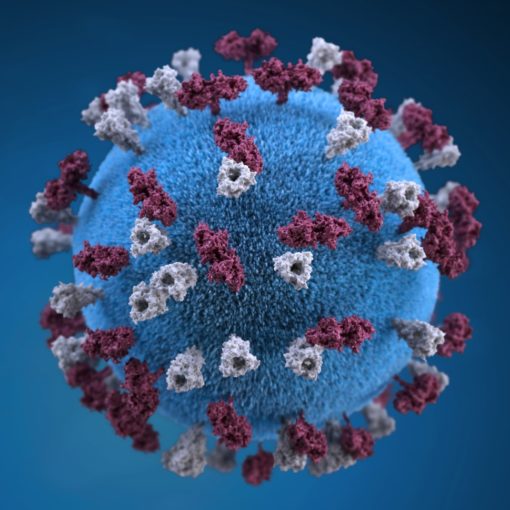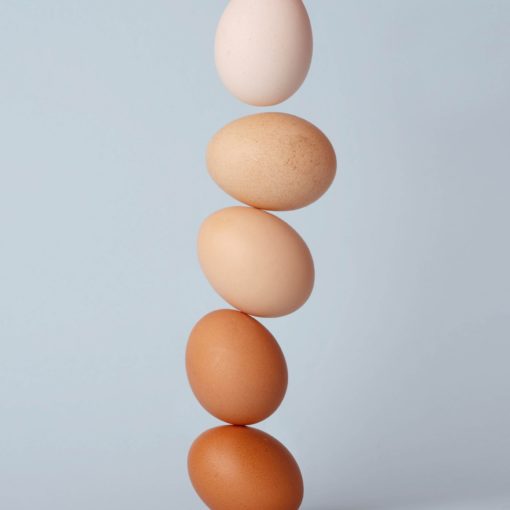Water is life. It’s really as simple as that – it’s a nutrient which is essential to our body’s wellbeing. We can survive for several weeks without food, but we can only last a few days without water.
Our bodies are approximately 70% water and water is crucial in keeping them maintained. The importance of water consumption to cover many aspects of our health. Apart from keeping the body hydrated, it also maintains our body temperature at 37o Celsius while acting as a lubricant for joints and tissues. Water keeps our kidneys in healthy condition by flushing out waste, it also acts as a carrier transporting nutrients throughout our system while also aiding digestion.
As far as nutritional value of bottled water is concerned, the difference between still and carbonated is negligible. The significant factor is the source of the water along with the presence of elements such as silica and sodium and it usually comes down to personal preference – some people prefer the bubbles to still. Carbonated water, also known as soda water or sparkling water, is just plain water into which carbon dioxide gas has been dissolved, making it fizzy and also slightly acidic.
Still water can come in different forms. These different forms include tap, spring water, mineral, artesian and distilled. And even in these various forms, the quality of water can vary in terms of pH, mineral content, and unwanted chemical traces.
Carbonated and still water don’t contain calories, but you have to watch out for the calories in the form of sugar added with a little fruit flavouring in the flavoured waters now available in both still and carbonated forms. But these are still better than soft drinks.
The plethora of diet and health books/experts around tell us we should drink about six to eight glasses of fluid per day. The recommendation of about six to eight glasses of fluid per day (or 1½ -2 litres). Ideally most of the fluid intake should come from water but other sources include tea, juice, milk, soup and in foods like fruit and vegetables.
it is best to spread the total intake of fluids throughout the day. This might need to be increased if you are participating in high energy sports or other such activities, in high temperatures or breast-feeding.
Water is lost from the body through urine and sweat and many people who don’t consume enough become dehydrated with symptoms such as headaches, tiredness and loss of concentration. Chronic dehydration can contribute to a number of health problems including constipation and kidney stones. The colour of urine is one of the best indicators of your hydration – when you are getting enough fluid it should be pale yellow.
And yes, we can overdo it, but this is relatively uncommon. Many people do not realise that they can drink too much water. This means we are taking more than six litres in a short space of time, which can upset your body’s fluid balance by overloading your kidneys.
The American study (from the University of Washington) which revealed lack of sufficient hydration as the major cause of daytime fatigue also demonstrates drinking water as hugely important for those trying to shed some extra kilos. The study demonstrated that mild dehydration can slow down the body’s metabolism by 3% and just one glass of water virtually halts midnight hunger pangs for nearly 100% of the dieters scrutinized.




